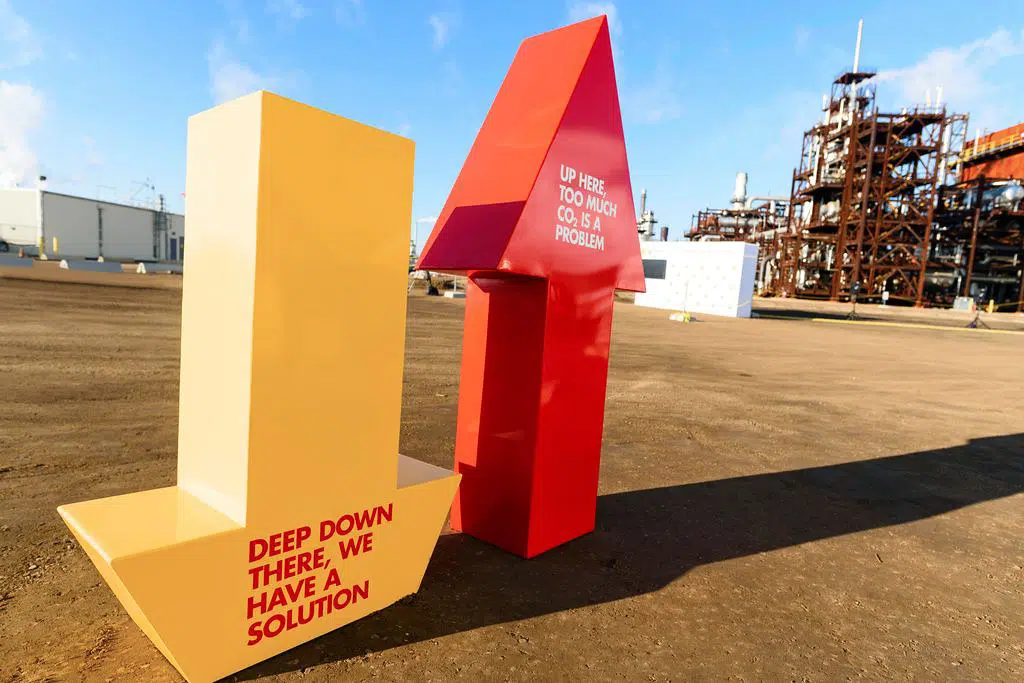The upcoming COP28, hosted by the United Arab Emirates (UAE), has been met with controversy and concerns regarding the potential UAE Greenwashing Strategy of the nation’s fossil fuel agenda. This article aims to expand upon the previous analysis, examining the link between the UAE’s hosting of COP28 and its promotion of Carbon Capture and Storage (CCS). By shedding light on the contradictions and potential motives behind this decision, we will explore why a boycott of COP28 is necessary to advocate for genuine and effective climate action.
The UAE’s Hosting of COP28: An Opportunity for Greenwashing
Capitalizing on global climate diplomacy:
Hosting an international climate conference such as COP28 provides the UAE with a platform to portray itself as a leader in climate action and sustainability. However, it is essential to scrutinize the underlying motives and actions of the host nation to ensure genuine commitment to combating climate change.
Diverting attention from fossil fuel activities:
The UAE’s economy heavily relies on the extraction and exportation of petroleum and gas. By hosting COP28, the nation can shift the spotlight away from its significant carbon footprint and ongoing fossil fuel operations. This diversionary tactic can help maintain the status quo of the fossil fuel industry, hindering the necessary transition to renewable energy sources.
The Role of Carbon Capture and Storage (CCS) in UAE’s Agenda
CCS as a smokescreen for continued fossil fuel reliance:
The UAE’s promotion of CCS as a solution during COP28 must be critically examined. It is crucial to question whether this endorsement truly stems from a commitment to combat climate change or if it serves as a means to maintain the profitability of the petroleum industry. CCS allows the UAE to continue pumping oil while presenting an image of environmental responsibility.
Through technological solutions:
By championing CCS, the UAE can create an illusion of environmental concern while avoiding meaningful changes to its energy mix. This UAE Greenwashing Strategy and tactic allows the nation to continue prioritizing fossil fuel interests under the guise of climate action. However, true climate solutions require a transition to renewable energy sources and a departure from fossil fuel dependence.
Boycotting COP28: A Call for Genuine Climate Action
Holding nations accountable for their actions:
Boycotting COP28 sends a powerful message to the UAE and the international community that empty gestures and greenwashing tactics will not be tolerated. It serves as a call to prioritize climate justice and genuine commitments to reduce greenhouse gas emissions.
Amplifying the voices of impacted communities:
By boycotting COP28, the focus can shift to listening to and centering the voices of communities disproportionately affected by climate change and environmental degradation. This boycott provides an opportunity to amplify the demands for systemic change, addressing the root causes of the climate crisis rather than settling for token gestures.
Read More: COP28 in UAE: A Genuine Step Towards Energy Transition or a Greenwashing Attempt?
Encouraging collaboration on sustainable solutions:
A boycott of COP28 can catalyze alternative initiatives and forums that genuinely prioritize sustainable solutions. By redirecting resources and attention to platforms that foster collaboration, innovation, and equitable climate action, we can work towards a future that respects planetary boundaries and ensures a just transition for all.
The decision to boycott COP28 in the UAE stems from the need to challenge the potential greenwashing and promotion of Carbon Capture and Storage (CCS) as a solution to climate change. By unveiling the underlying motives and contradictions surrounding the UAE’s hosting of COP28, we can emphasize the importance of genuine climate action and the transition to renewable energy sources.
Boycotting COP28 sends a clear message that the international community will not be complicit in supporting UAE Greenwashing Strategy and efforts or allowing fossil fuel interests to impede meaningful progress.






